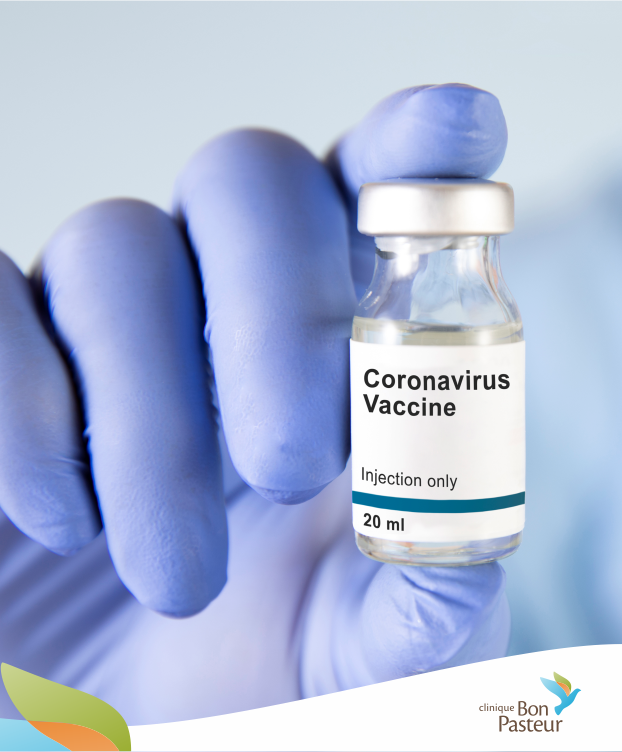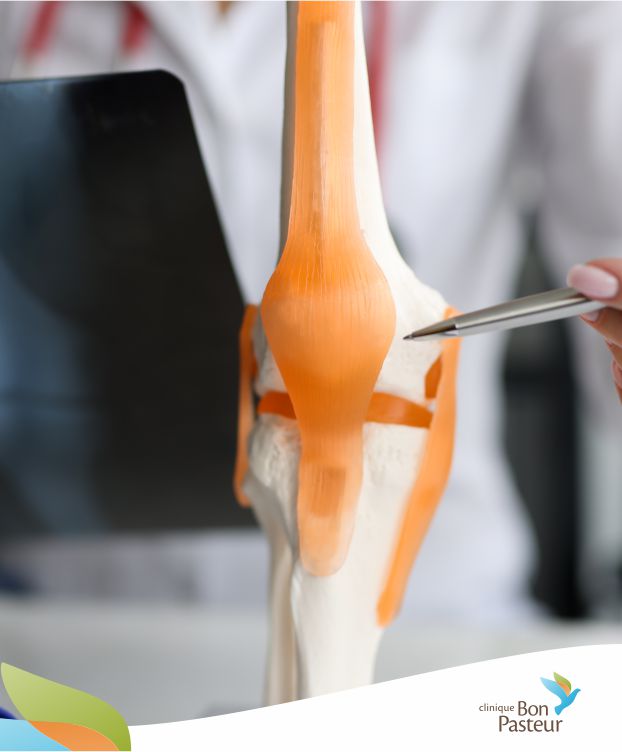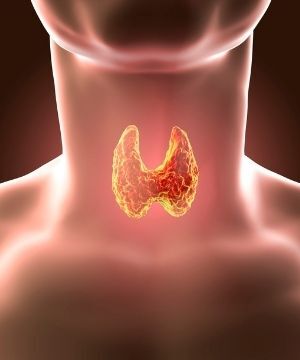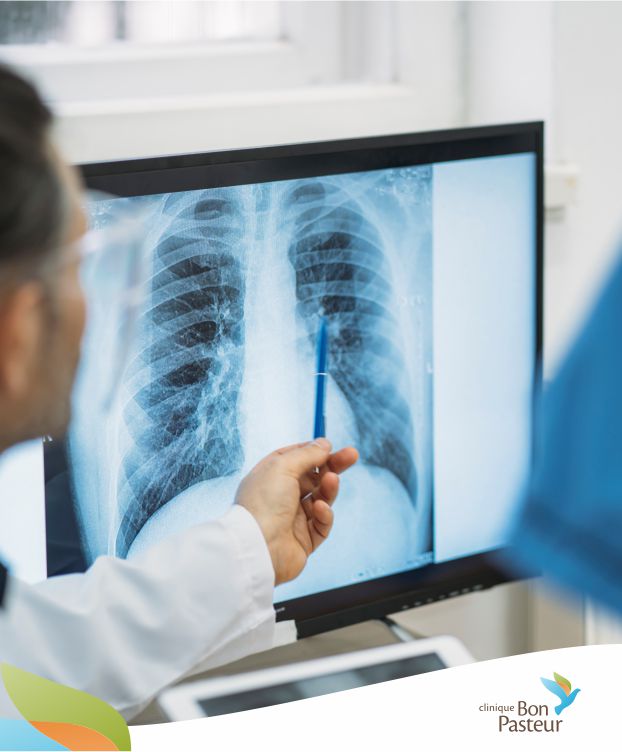Anti-Covid Vaccines: Global Trends
June 2, 2021
As many countries at global level have started their vaccination campaigns, let’s have a quick overview of the different vaccines available to date. Although the campaign at national level is aimed at caregivers and front-line workers at this stage, it is interesting to know how vaccines work and what are the most used anti-covid vaccines as of now.
Vaccines: How Do They Work?
The principle is simple: Inject a tiny amount of a specific virus into the body so that the immune system learns to recognise and defend itself against this virus: this is the modus operandi of all vaccines. A vaccine is therefore a preventive measure, and not a remedy aimed at curing a disease that has already infected a person. According to the WHO Covid-19 vaccine trials provisional table, there are currently 179 candidate vaccines in development, of which 63 have reached the human clinical trial phase.
What are the most common anti-Covid vaccines?
1. AstraZeneca / Oxford (Covishield)
The Oxford-AstraZeneca vaccine, authorised in Europe, requires 2 injections, with a delay of 9 to 12 weeks in between. This vaccine has satisfactory effectiveness (between 62% and 70% depending on the study), almost no side effects, and can be stored in the refrigerator. The Covishield vaccine manufactured by the Indian laboratory Serum Institute of India and available in Mauritius is in fact the Oxford-AstraZeneca vaccine, made in India through a transfer of technology. Note that the WHO announced this month that this vaccine can be administered to people over 65 as well, its effectiveness having previously been questioned for this age group.
2. Pfizer-BioNTech
Authorised in Europe and the United States, this vaccine has an expected effectiveness of 95%, validated by a New England Journal of Medicine publication. It is also effective for the new variants identified in Great Britain and South Africa. It requires 2 shots, with a 21-28 days delay, and should be stored at -80 ° C.
3. Moderna
Authorised in Europe and in the United States, this vaccine is 94.5% effective according to the preliminary analysis published by the laboratory. It is administered in two doses, 28 days apart and can be stored for up to six months in a freezer, at -20 °C, then up to thirty days in a refrigerator before use.
4. Sputnik V
The Russian vaccine reports an effectiveness of 91.6%, according to results published in the medical journal The Lancet and validated by independent experts. It is given in 2 shots, 21 days apart, and can be stored in dehydrated (freeze-dry) form in the refrigerator, between 2 and 8 °C. This vaccine will soon be available in Mauritius, and is already used in some countries besides Russia, such as Algeria and Argentina, and more and more countries are interested in it. Europe is currently considering its authorisation.
5. Johnson & Johnson
This vaccine, which is administered in a single dose, has an effectiveness of 66%. It should be authorised shortly in the United States, and will also be used in South Africa.
Although massive vaccination campaigns are not yet on the table in Mauritius at this stage, it is still recommended to observe social distancing and wear a mask.

Related Article



















